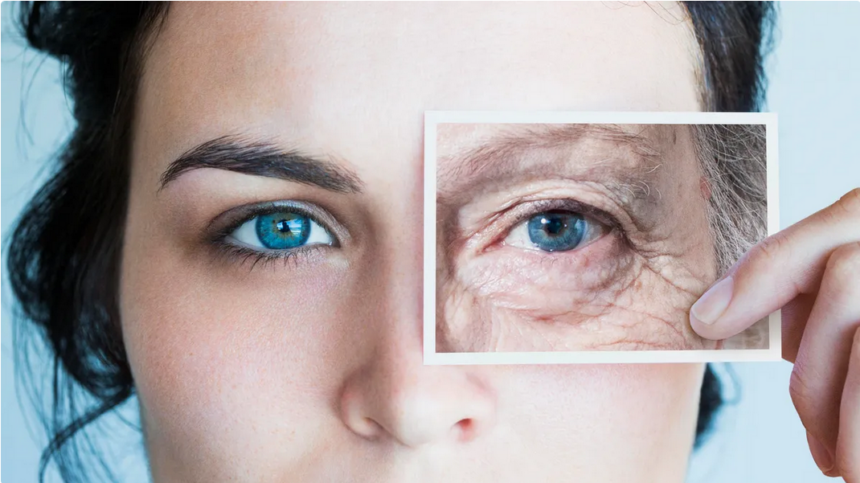Throughout history, the span of human life has undergone remarkable changes. Up until the 18th century, the average global lifespan was barely into the 30s, a statistic highlighted by a University of Oxford report. Reflecting humorously on this, comedian Jerry Seinfeld mused about the hypothetical life milestones of someone from that era: “you’d get your driver’s license around 5, you’d marry at 9, divorce at 15, and in your late teens, you’d move down to Florida…and eventually people (would be) saying things about you like ‘well, it’s amazing, he’s 28, but he’s still very alert.‘”
Fast forward to the 21st century, and the expectancy of life has seen a significant increase. As of 2021, the U.S. Centers for Disease Control and Prevention’s National Center for Health Statistics puts the average lifespan at 76.1 years, a slight decrease from the previous year due to factors such as heart disease and suicide. However, this figure varies worldwide, with a global average of 73 years. In the United States, life expectancy reaches 76.4 years across genders, with women living longer at 79.3 years compared to men at 73.5 years, according to Dr. Julia Adamian of NYU Grossman School of Medicine.

The reasons behind the variance in longevity are multifaceted. Dr. Amit Shah from Mayo Clinic in Arizona points out that genetics accounts for up to a quarter of our lifespan, leaving the majority to lifestyle choices within our control. Dr. Justin Jones of Revere Health in Utah concurs, emphasizing that while genetic predispositions exist, lifestyle modifications can alter their impact significantly.
Moreover, the effect of socioeconomic factors and social environments cannot be overstated. Dr. Shah references the “Blue Zones” concept by Dan Buettner, noting that societies with high levels of engagement and valued roles for the elderly tend to have longer lifespans. This is supported by an extensive Harvard study, which found that strong social connections greatly influence both life quality and longevity.
To enhance our chances of a longer life, maintaining meaningful relationships and having a sense of purpose are crucial. Dr. Shah shares wisdom from a patient: “doc, you need to have a reason to get up in the morning!” Additionally, a healthy lifestyle, including regular exercise and managing cardiac risks, is essential.

Diet plays a pivotal role, with the “Blue Zones diet” highlighting the benefits of high-fibre, lean protein, whole grains, fruits, and vegetables. Dr. Jones advises against processed foods and excessive red meat and recommends regular preventive healthcare.
In summary, Dr. Adamian encapsulates the essence of longevity: “We are what we eat and drink, how much we move, what we think, our outlook on events, our resilience, and how much we care for each other.” The journey to a longer life involves no magic formula, but rather a combination of healthy living, a positive outlook, and mutual care.






